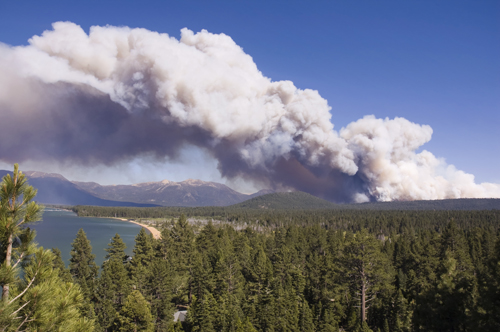It’s Fire Season—What Can You Do to Get Ready?
September 9, 2016

A fire truck streaming past the E.O. office is not unusual. A fire station is just around the corner and the office is close to the freeway. However, this time of year it always gives us pause. Do we hear a helicopter overhead? Are there multiple fire vehicles headed in the same direction? Do we see clouds of smoke or smell smoke when we walk outside? Do we worry? Of course! How can we prepare?
- Make sure your homeowner’s or renter’s insurance is current. Remember who your carrier is.
- Make a list and take pictures with your phone or camera of your house and all belongings.
- Listen for emergency messages over the phone or TV about fires in the vicinity.
- Plan how to leave in an emergency. What vehicle? Where will you go? Will you be able to take pets? Take food you can munch on, personal care products, a sleeping bag or pillow.
- What can you take if you only have 15 minutes? 10 minutes or less? What’s most important?
- If you don’t drive or have a car, who can you call? Keep their phone number close by.
- Do you have family or friends you can stay with? Have you talked to them about the possibility?
- What to pack? Clothes, food, pets, family history/memorabilia? Consider finding what’s “near & dear” and putting it together close to the door. Remember you may have to carry it yourself.
- Talk to your bank or credit union about a Safety Deposit box for important papers, pictures, passports, inventory of your belongings, insurance papers, etc. A yearly fee of $75.00 with regular access is well worth the cost if there’s a fire.
If you cannot do this by yourself because of your age, health issues, disability, etc.:
- Notify the closest fire station, sheriff’s substation or police department that in case of fire, you’ll need help in getting out. Give them your address, phone number & directions.
- Have someone help you pack a bag of necessities for your own personal care along with what you can’t bear to lose. Keep it where you can grab it as you’re leaving. (see instructions above)
- Decide who to ask to help with temporary housing & care if the need arises. Have access to financial funds if possible.
Keep calm, be organized, be safe.
—Carol S. Heape, MSW, CMC – CEO – Elder Options, Inc.
Categories: Staying Safe

